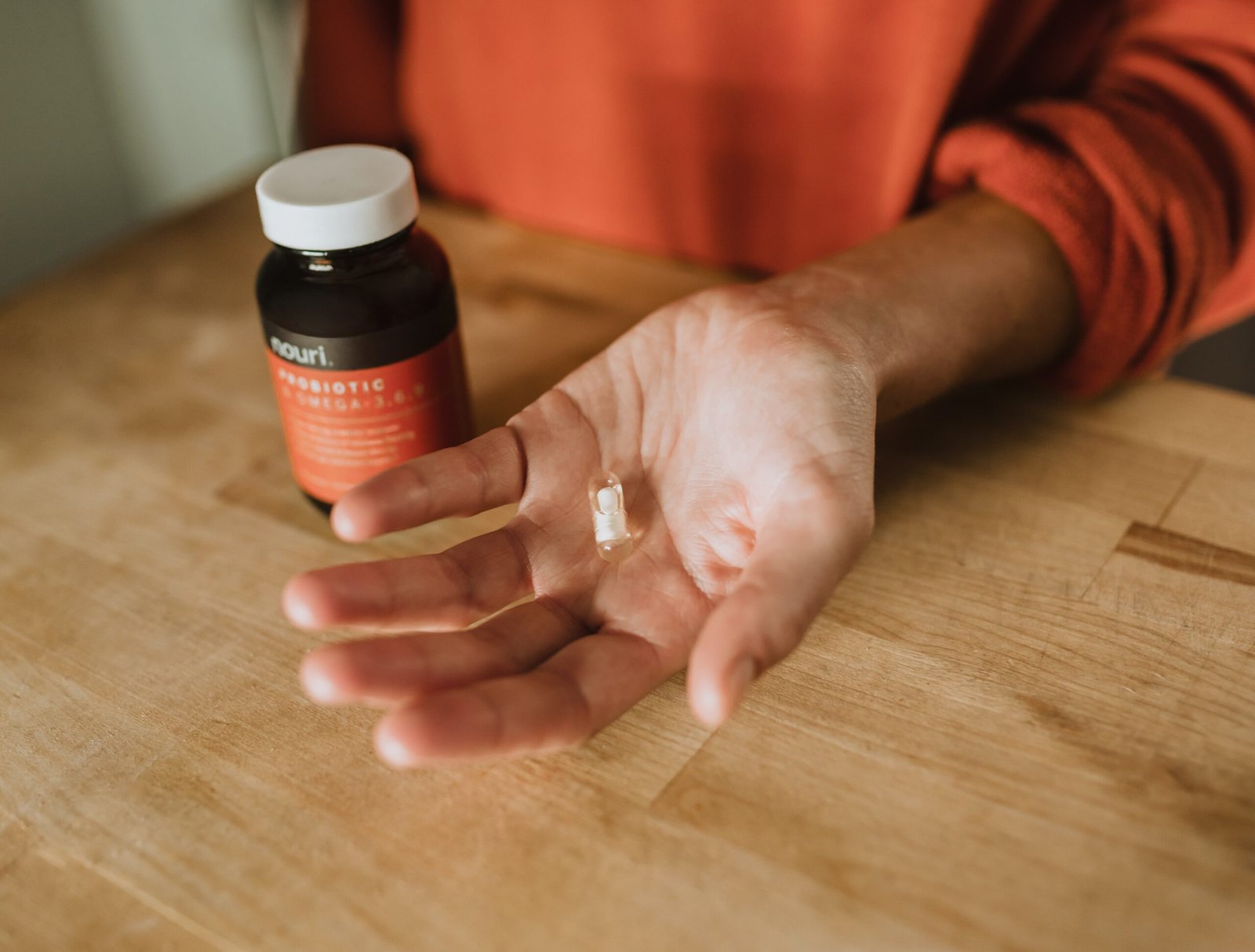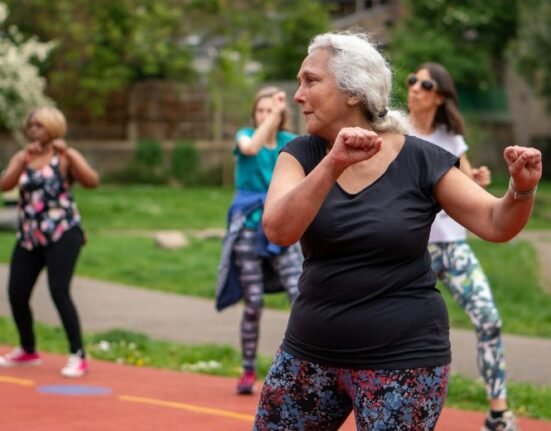HQ Times
February 19, 2025: A new study has revealed that 28 out of every 100 elderly individuals in India are being prescribed potentially harmful medications. The study was conducted by researchers from the Indian Council of Medical Research (ICMR) Centre for Ageing and Mental Health, Government Medical College (GMC) Omandurar, and Safdarjung Hospital.
The door-to-door survey, spanning six Indian cities—Delhi, Kolkata, Chennai, Guwahati, Patna, and Ujjain—examined 600 elderly participants aged 60 and above and found strong indications of polypharmacy( taking more than 5 medicines) and self-medication.
It found that 28.8% of prescriptions contained potentially inappropriate medications (PIMs), while 20.3% lacked essential medicines, classified as potential prescribing omissions (PPOs).
Polypharmacy Prevalence:
The study highlighted that 33.7% of elderly participants were on polypharmacy, defined as taking five or more medications daily. This practice was significantly linked to multiple health conditions, recent hospitalizations, and transitions in care.
Alarmingly, 19.7% of participants admitted to self-medicating, with 65.3% lacking proper knowledge about the risks involved. Commonly self-medicated drugs include nonsteroidal anti-inflammatory drugs (NSAIDs), paracetamol, and antibiotics.
The study found regional variations, with Guwahati reporting the highest prevalence of polypharmacy at 57%, while Ujjain recorded the lowest at 11.7%. This disparity underscores the need for region-specific healthcare interventions.
Elderly individuals living alone were particularly vulnerable to self-medication, often due to a lack of support in managing their health care.
Traditional medicine concerns
Nearly half (48.8%) of those using traditional medicines like ayurveda and homeopathy lacked proper labeling, raising safety and regulatory concerns. The practice of “crosspathy,” where these alternative medicines are taken alongside allopathic medications can also lead to drug interactions and adverse reactions. Studies show that Ayurveda is a popular choice among elderly Indians, with a significant percentage using it, sometimes in conjunction with homeopathy. This mixing of different medical systems can increase the risk of drug interactions and adverse effects
Dr. Santanu Tripathi, a clinical pharmacologist and co-author of the study, emphasized the dangers of unnecessary medications. “While a prescription may include five to seven medicines, some could be redundant. These not only fail to provide benefits but also pose risks of drug interactions and complications,” he explained .
The study also pointed out that the lack of guidelines for over-the-counter medicines and unregulated drug dispensing by unqualified practitioners exacerbate the problem. The COVID-19 pandemic has further aggravated these issues, leading to increased self-medication and unsafe practices.
Inappropriate medicines for elderly
Several studies identify specific medications that are potentially inappropriate for older adults in India. These include, Metoclopramide, commonly reported as an inappropriate medicine, though not considered so by PRISCUS criteria, a list used to identify “potentially inappropriate medications” (PIMs) specifically for elderly patients.
Benzodiazepines (such as alprazolam and diazepam), often used for insomnia and anxiety, can affect cognitive functions and increase the risk of falls and fractures.
NSAIDs are frequently self-medicated.
Digoxin is mainly used for heart failure and atrial fibrillation. Altered pharmacokinetics enhances digoxin toxicity in geriatric patients.
Proton pump inhibitors (PPIs), commonly prescribed for older adults, are used to treat ulcers and gastritis. Long-term use can result in renal toxicity or Clostridium difficile infection.
Intravenous antihistamines, histamine H2 blockers, and steroids are considered potentially inappropriate as peri-chemotherapy supportive care medications.
Tramadol and Diuretics.
The findings underscore the urgent need for interventions to promote safe medication use among the elderly. Researchers recommend stricter regulations, better healthcare access, and public awareness campaigns to address the growing crisis of inappropriate medication use in India’s aging population.
For more details, the full study can be accessed here




